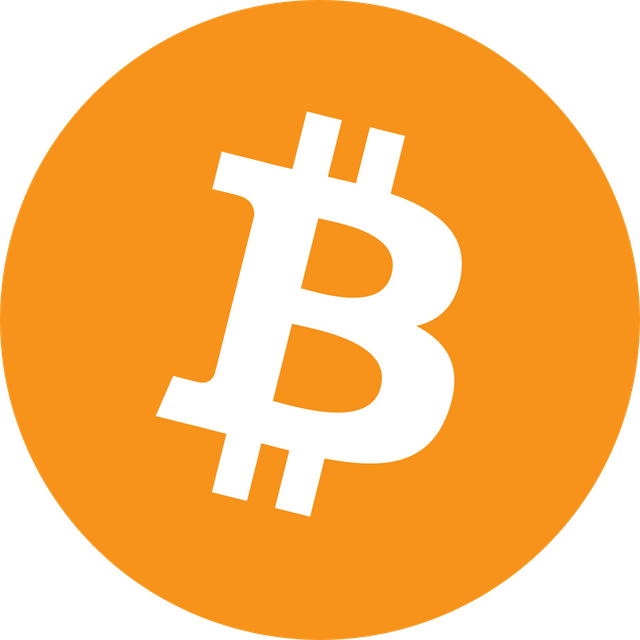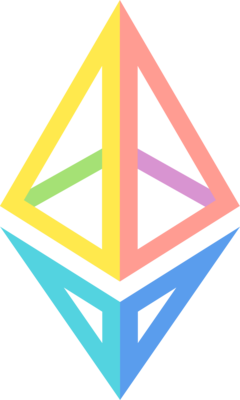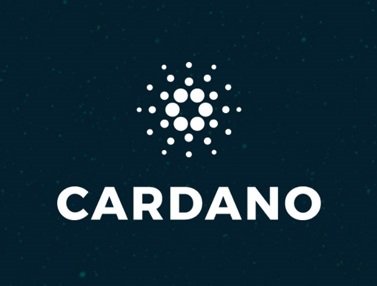TOP 5 CRYPTOCURRENCIES BASED ON APPLICATION OF THEIR TECHNOLOGY
Exploring the Top 5 Cryptocurrencies: Investing in Technology Innovation
Introduction:
Cryptocurrencies have emerged as a transformative force in the financial landscape, offering innovative solutions built on cutting-edge technology. Among the vast array of digital assets, some cryptocurrencies stand out for their groundbreaking technologies and potential for long-term investment. In this article, we will delve into the top five cryptocurrencies renowned for their advanced technologies: Bitcoin, Ethereum, Cardano, Polkadot, and Chainlink. We will explore the unique features and use cases of each, providing insights into why they are considered among the best investments in the crypto space.
Bitcoin (BTC): Revolutionizing Digital Currency
 Source
Source Bitcoin, the pioneering cryptocurrency created by the pseudonymous Satoshi Nakamoto, continues to reign supreme as the king of digital currencies. At its core, Bitcoin operates on a decentralized blockchain, providing a secure and transparent platform for peer-to-peer transactions without the need for intermediaries. Its groundbreaking technology, including cryptographic hashing and consensus mechanisms like Proof of Work (PoW), ensures the integrity and immutability of the blockchain.
Use Case Scenario: Consider a cross-border remittance scenario where an individual needs to send money to a family member overseas. Bitcoin's borderless nature and low transaction fees make it an ideal choice for such transactions. By utilizing Bitcoin, individuals can bypass traditional banking systems, enabling fast and cost-effective remittances.
Ethereum (ETH): Enabling Decentralized Applications
 Source
Source Ethereum stands out as a leading platform for decentralized applications (DApps) and smart contracts, offering a robust ecosystem for developers to build and deploy blockchain-based solutions. Its innovative technology allows for the creation of programmable agreements that automatically execute when predefined conditions are met, revolutionizing various industries such as finance, gaming, and supply chain management.
Use Case Scenario: Imagine a decentralized finance (DeFi) application built on the Ethereum blockchain, offering users the ability to lend, borrow, and trade digital assets without the need for traditional intermediaries. Through Ethereum's smart contract functionality, users can access financial services securely and transparently, empowering individuals worldwide to participate in the global economy.
Cardano (ADA): Advancing Scalability and Interoperability
 Source
SourceCardano is a next-generation blockchain platform known for its focus on scalability, sustainability, and interoperability. Developed by a team of academics and engineers, Cardano utilizes a layered architecture and a peer-reviewed research approach to address the challenges facing existing blockchain networks. Its innovative technology aims to provide a scalable and sustainable infrastructure for the deployment of decentralized applications and smart contracts.
Use Case Scenario: Consider a scenario where a government agency seeks to implement a blockchain-based identity management system to securely store and manage citizens' personal information. Cardano's scalable and interoperable platform can facilitate the development of such a system, ensuring data integrity, privacy, and accessibility while enabling seamless integration with existing government databases.
Polkadot (DOT): Facilitating Cross-Chain Communication
 Source
Source Polkadot is a multi-chain blockchain platform designed to enable interoperability and scalability across different blockchains. Developed by the Web3 Foundation, Polkadot's innovative technology allows independent blockchains to communicate and share information, creating a decentralized network of interconnected chains. Its unique architecture, including the relay chain and parachains, facilitates secure transactions and data transfer between heterogeneous blockchains.
Use Case Scenario: Imagine a scenario where a decentralized exchange (DEX) wants to offer cross-chain trading capabilities, allowing users to swap assets between different blockchain networks seamlessly. By leveraging Polkadot's interoperable platform, the DEX can facilitate cross-chain transactions, enabling users to access a wider range of digital assets and liquidity pools while maintaining security and efficiency.
Chainlink (LINK): Bridging Smart Contracts with Real-World Data
 Source
SourceChainlink is a decentralized oracle network that connects smart contracts with external data sources, APIs, and payment systems. By bridging blockchain networks with real-world data, Chainlink enables smart contracts to access information such as market prices, weather conditions, or sports scores, making them more versatile and powerful. Its secure and decentralized infrastructure ensures the reliability and integrity of data feeds, enabling a wide range of use cases across various industries.
Use Case Scenario: Consider a scenario where an insurance company wants to offer parametric insurance products based on weather events. By integrating Chainlink oracles into smart contracts, the insurance company can automatically trigger payouts to policyholders when predefined weather conditions are met, eliminating the need for manual claims processing and enhancing transparency and efficiency.
Conclusion:
In conclusion, the top five cryptocurrencies—Bitcoin, Ethereum, Cardano, Polkadot, and Chainlink—stand out for their innovative technologies and transformative potential. From revolutionizing digital currency and enabling decentralized applications to facilitating cross-chain communication and bridging smart contracts with real-world data, these cryptocurrencies offer a glimpse into the future of finance, technology, and decentralized innovation. As investors seek opportunities in the rapidly evolving crypto market, these cryptocurrencies remain at the forefront of technological innovation, making them compelling choices for long-term investment and participation in the digital economy.